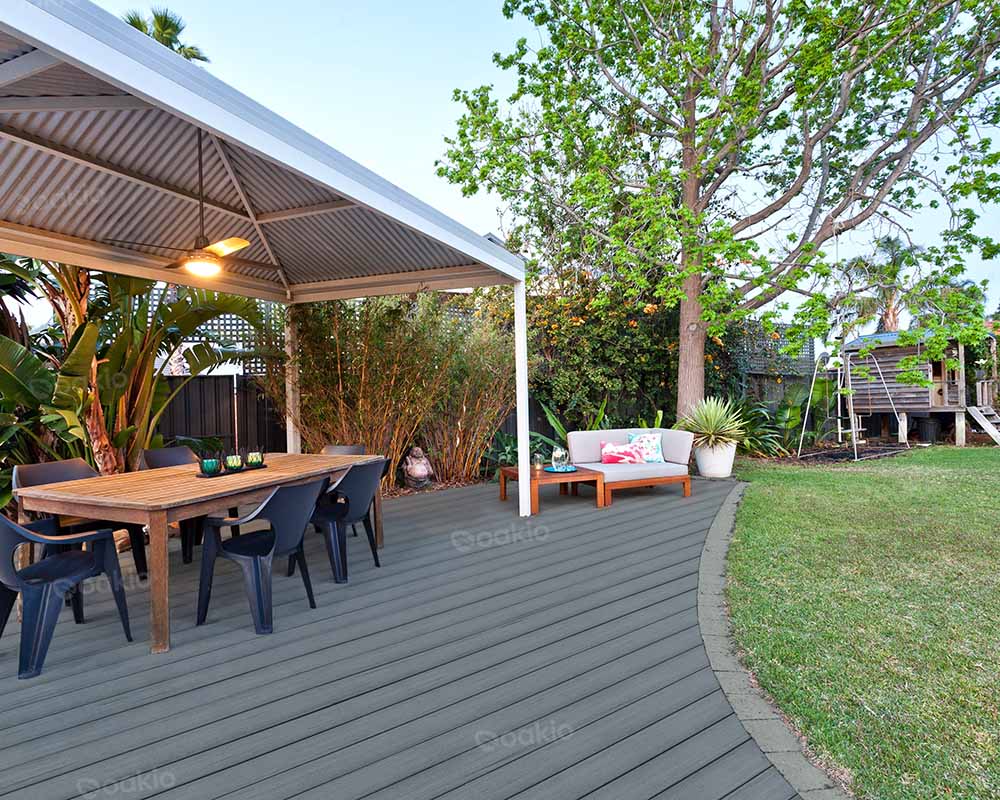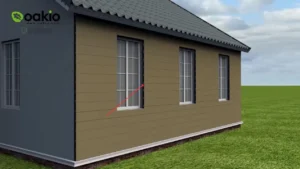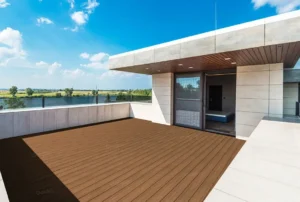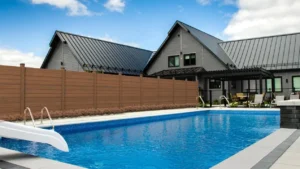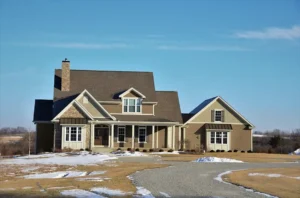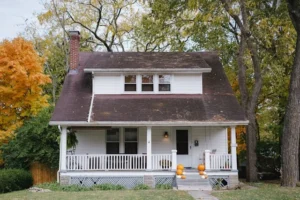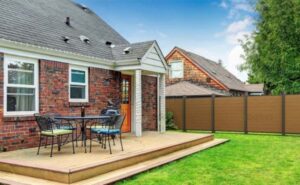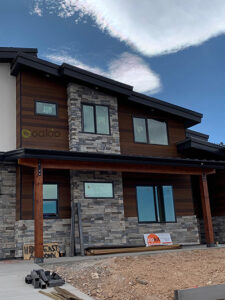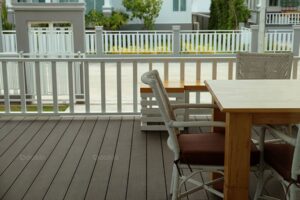Porch vs. Deck: Understanding the Distinctions
Choosing the perfect outdoor structure can elevate your home’s aesthetic and functionality. However, deciding between a porch and a deck can be challenging. Both options offer unique benefits, but their differences are significant. In this detailed guide, we’ll explore what sets a porch apart from a deck, dive into their specific characteristics, and help you determine which option best suits your outdoor living needs.
Key Differences Between Porches and Decks
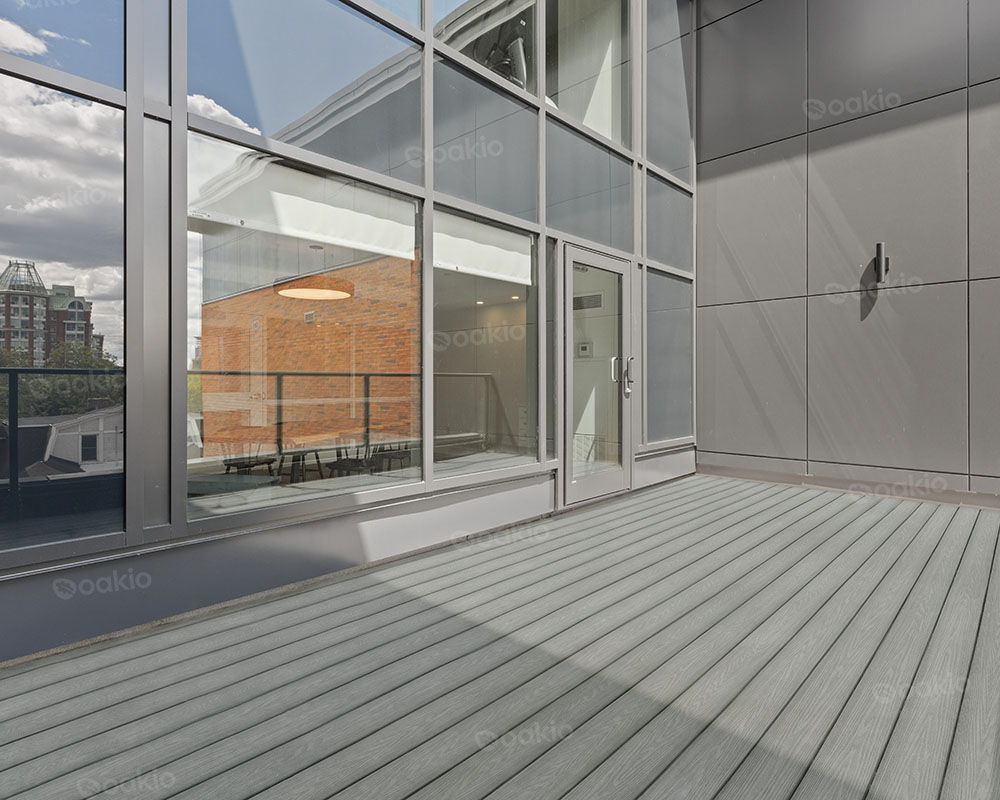
Although porches and decks might appear similar, they serve distinct purposes and are constructed differently. Recognizing these differences can help you make an informed decision.
Porch vs. Deck: Location and Structure
Porches are generally attached to the front or back of the house, providing a covered entryway or seating area. These spaces are often enclosed with screens or windows, making them suitable for use in various weather conditions. Porches are integrated into the home’s design and often add to its architectural charm.
Decks, however, are usually built at the back of the house and extend into the yard. They are open-air platforms that can be elevated or at ground level, offering an excellent space for outdoor activities. Decks are more flexible in their location and can be designed to fit different yard layouts and personal preferences.
Functionality and Usage
Porches are typically designed for relaxation and socializing. They are ideal for enjoying a morning coffee, reading a book, or chatting with neighbors. Porches can be furnished with comfortable seating, decorative plants, and even swings or rocking chairs, creating a cozy and welcoming atmosphere.
Decks are more versatile and cater to various activities. They are perfect for outdoor dining, hosting barbecues, or sunbathing. Decks can accommodate larger furniture like dining tables, lounge chairs, and even hot tubs, making them ideal for entertaining guests and family gatherings.
Characteristics of Decks
Decks are popular for their flexibility and open design. Here are some key characteristics that define a deck:
Materials and Design
Decks are typically constructed from wood, composite materials, or PVC. Wood offers a natural look but requires regular maintenance. Composite materials are low-maintenance and mimic the appearance of wood, while PVC is highly durable and weather-resistant. The design of a deck can be customized to match your home’s architecture and personal taste.
Accessibility
Decks often feature steps or ramps, providing easy access to the yard. They can be built on multiple levels to accommodate sloping terrain or to create distinct outdoor areas. This versatility makes decks suitable for various landscapes and user needs.
Maintenance
While wooden decks require regular cleaning, staining, and sealing to prevent decay, composite and PVC decks are lower maintenance and need only occasional washing. Choosing the right material can significantly reduce the time and effort spent on upkeep.
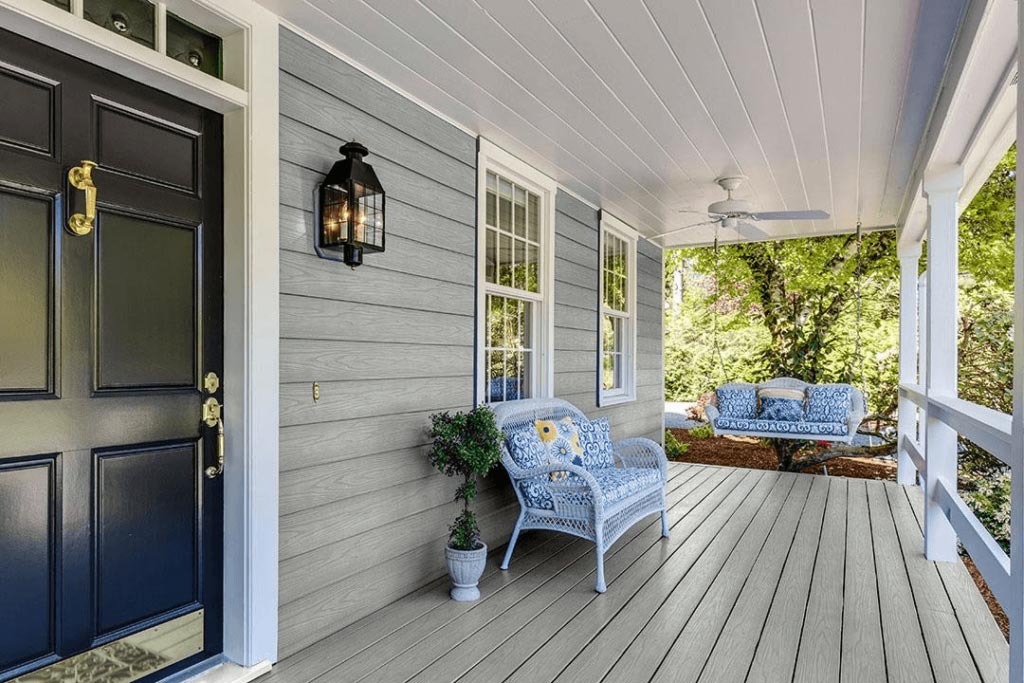
Pros of Decks
- Great for Entertaining and Outdoor Activities: Decks provide an ideal space for hosting social gatherings, barbecues, and family get-togethers. They offer ample room for guests to move around, sit, and enjoy the outdoors.
- Adds Functional Outdoor Living Space: A deck extends your home’s living area, creating a seamless transition between indoor and outdoor spaces. This additional area can be used for dining, lounging, or even as a play area for children.
- Customizable Design: Decks can be tailored to match your personal style and the architecture of your home. You can choose from various materials, colors, and design features, such as built-in seating, planters, and lighting, to create a unique and inviting space.
Cons of Decks
- Requires Regular Maintenance: Wooden decks, in particular, need consistent upkeep to maintain their appearance and structural integrity. This includes tasks like cleaning, sealing, and staining to protect against weather damage and prevent rot and decay. Composite and PVC decks, while lower maintenance, still require periodic cleaning to keep them looking their best.
- Can Be Costly: The cost of building a deck can vary widely depending on the materials used and the complexity of the design. High-quality materials like composite or PVC can be more expensive initially, although they may save money on maintenance in the long run. Additionally, custom features and intricate designs can add to the overall cost.
- Exposure to the Elements: Since decks are typically open to the sky, they are directly exposed to weather conditions. This exposure can limit their usability during extreme weather, such as heavy rain, snow, or intense sun. Protective measures like awnings or pergolas can mitigate this but add to the expense.
Overall, while decks offer substantial benefits for outdoor living and entertainment, they come with considerations of cost and maintenance that should be weighed carefully.
Characteristics of Porches
Porches provide a sheltered outdoor space that blends indoor and outdoor living. Here’s what sets porches apart:
Structure and Design
Porches are usually covered, featuring a roof that shields against rain and sun. They may be enclosed with screens or windows, offering additional protection from insects and weather. This enclosed design allows porches to be used comfortably in various weather conditions.
Furnishings and Decor
Porches can be decorated with cozy furniture, plants, and decorative items, creating a welcoming and homey atmosphere. The covered space allows for more delicate decor that wouldn’t withstand exposure to the elements on a deck.
Year-Round Use
Because porches are sheltered, they can be enjoyed year-round, even in less-than-ideal weather. This makes them a great option for those who want to maximize their outdoor living space throughout the seasons.
Pros and Cons of Porches
Pros:
- Provides shelter from weather, allowing year-round use
- Enhances curb appeal and integrates with the home’s design
- Creates a cozy and inviting space for relaxation
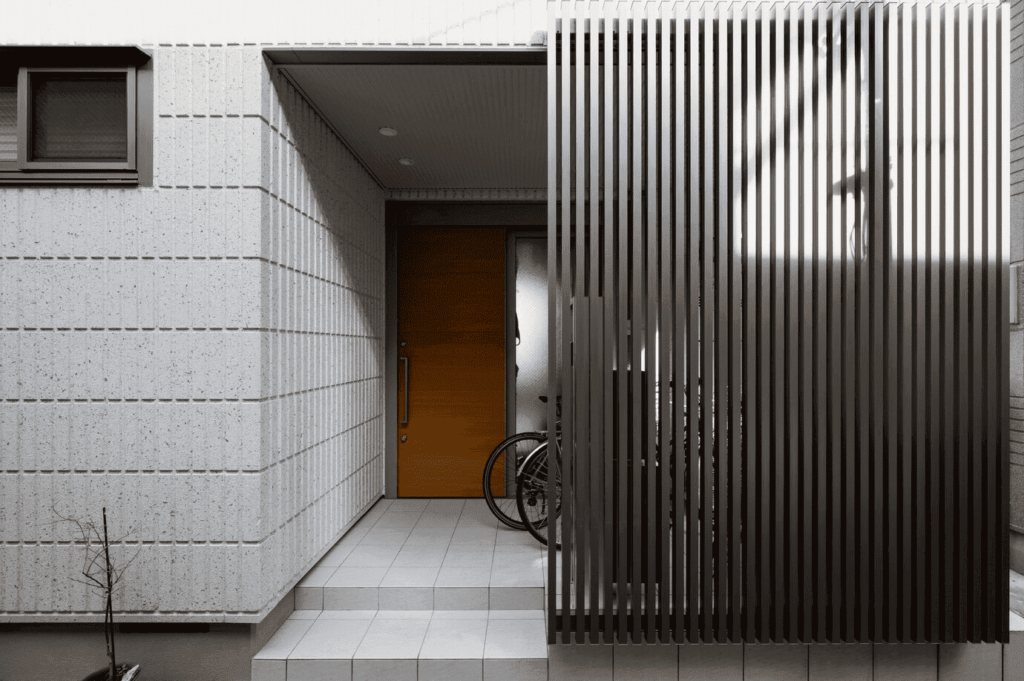
Cons:
- Limited to the front or back of the house
- May require more structural work and investment
- Less versatile for larger outdoor activities and gatherings
Choosing the Right Outdoor Living Space
When deciding between a porch and a deck, consider your lifestyle, the intended use of the space, and your budget.
Assess Your Needs
Think about how you plan to use the space. If you love hosting outdoor gatherings, a deck might be the better choice. If you prefer a quiet, sheltered spot to relax, a porch could be ideal.
Evaluate Your Space
Consider the layout and size of your yard. Decks offer more flexibility in terms of location and size, while porches are typically attached to the house and may require more structural support.
Budget and Maintenance
Factor in the initial cost and ongoing maintenance. Decks, especially those made of composite or PVC, can be less expensive to maintain over time. Porches might require a higher upfront investment but can add significant value and curb appeal to your home.
Conclusion
Both porches and decks offer unique benefits that can enhance your outdoor living experience. Porches provide a cozy, sheltered space perfect for year-round enjoyment and enhancing curb appeal. Decks offer a versatile area for entertaining and outdoor activities, making them ideal for those who love to host gatherings. By considering your needs, space, and budget, you can select the best structure to transform your home’s exterior into a beautiful and functional living space. Whether you choose a porch or a deck, both options can create a delightful outdoor oasis that you and your family will enjoy for years to come.
Trending Reading
What Are the Differences Between the WPC Board and PVC Board?
[2024 Update] How Long Does WPC Decking Last?
